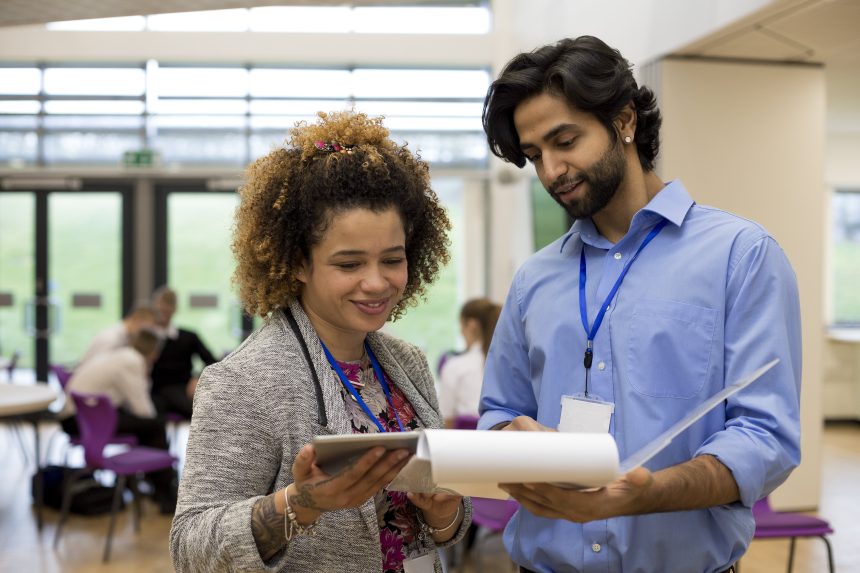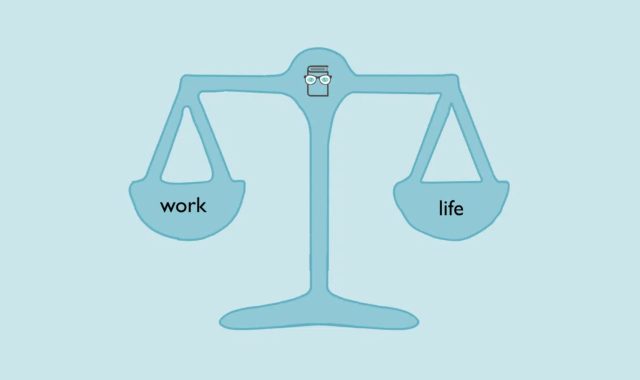Contents:
A healthy work-life balance − is it an impossible dream? For many years I would have said yes and, for many in education, it can certainly feel that way. Contacting parents, pressures from the inspectorate, deadlines to meet for your senior leadership team and, of course, marking! Teaching is a full throttle job which, for many, creates a challenge when trying to strike that important balance between work, rest, and play.
This is going to sound like a cliché but becoming a father changed me. I would like to think I have become mellower, more considered in my decision making, and wiser, but I am not sure that is the case! Two things I have become better at are: being more efficient with the time that I have and prioritising. It has been a necessity so that my identity as a father and as a husband does not become swallowed up by my teacher life!
Here, I hope to share some tips on how to strike a healthier work-life balance, something that is becoming more and more important as we hope to venture into the post-pandemic era of education and life.
Prioritise in terms of time cost
Some people mistakenly prioritise in terms of importance. Whilst this has to be factored into your thinking and your workflow, it would be foolish not to consider other ways of thinking. I’m sure most readers will either make “to-do lists” or have an app that tracks such things, but when constructing them do you consider the time each task will take? Tackling the quick jobs first is beneficial for two reasons:
- Your to-do list shrinks faster, this is motivational!
- It frees up more time later on, increasing the opportunity to tackle the big jobs
Example
Before marking a pile of 30 assessments, delete some emails, wash the dishes, reply to that text from your partner and, of course, grab a cuppa!

Allocate protected time to yourself
Have a night or two each week that is protected, that is sacred time allocated to your own interests. This is a tricky one to commit to but the benefits are incredible. The key part of making this successful is to be a little bit selfish! No matter what is happening in the world of work, these times are not sacrificed to complete the task. No reports, marking, self-evaluation forms, nothing!
Example
During the first lockdown back in March 2020, I started online gaming with my brother and one of my good friends. We played two nights every week and, two years later, we still do! No matter what work I have got on my plate, this time is sacred to me and provides me with the headspace to switch off. I have noticed that I have become more efficient with my time elsewhere so that I can play games without worrying about my work due the next day – a lovely unintended consequence!
Communicate
Struggling to meet a deadline? Ask for an extension! Don’t have the expertise to complete a task? Ask someone for help! Not sure how to deal with a tricky conversation? Rehearse it with a trusted colleague!
Reaching out and communicating is one of the most powerful things you can do to make your work-life balance healthier. If you have less on your mind at the end of the day, you take less home with you mentally. Some readers may not have the confidence to reach out, but I implore you to try it. Knowing your limitations is a sign of both humility and strength.
Example
I am fortunate to have an incredibly supportive and understanding senior leadership team in my school. As a head of Faculty, there are many times in the year when workload creeps up and knowing that I can approach them for extensions to deadlines etc is incredibly reassuring.

Switch off time
This is another tricky one and I would like to pose a question before I elaborate further. Ask yourself, how many teachers have you met who have “finished” everything? As far as I am aware this individual does not exist. There are always more books to mark, more feedback to give, more lessons to plan, and more parents to call. As a result, you need to have a switch off time. This could be the time you leave work, if so, then fix it! Do as much as you can by 4:30pm for example and then go home and switch off. This will work differently for differing circumstances (commute, family, etc.) but the principle is the same. Some people will do this at the weekend, others will choose to do planning at the weekend. The important thing is to compartmentalise and do what works best for you, in a measured way!
Example
I have a rule of thumb that, no matter what the circumstances, I do not do any extra schoolwork after 8pm (although this rule will likely flex somewhat this summer when I do some marking for the exam boards, but this is extra and is my choice)! If it has not been done by this time, it is a “tomorrow job”.
Life has changed for all of us over the past two years. It is more important than ever to look after yourself and those closest to you.







Comments